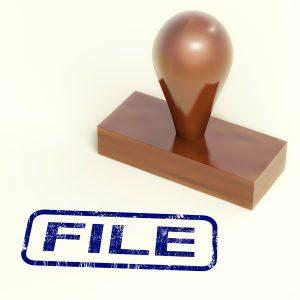- Free Consultation: 916 459 2364 Tap to Call
Debt Discharge: Part 1

Many people have questions about how the debt discharge works in bankruptcy. A debt discharge is the ruling of the court declaring your debt ineligible for collection and discharged from your liability of payment. In other words, when a debt has been discharged you are no long legally liable for repaying the debt. However, there are considerations for a debt discharge depending on the type of debt.
Will all my debts be eliminated in bankruptcy?
Generally, no. Many debts incurred before bankruptcy will not be eliminated in bankruptcy. Many other debts will be eliminated by a debt discharge. This includes credit cards, medical bills, some student loans, personal loans, and most other consumer debt.
What types of debts are not dischargeable in bankruptcy?
The following debts are not normally dischargeable in bankruptcy:
1. Secured debt. Debts secured by property, such as a car loan or a mortgage, are not usually discharged in bankruptcy unless the property securing the debt is actually worth less than the amount owed on the debt. For example, if you owe $50,000 on your car, but your car is only worth $45,000, the debtor may seek an order from the court to discharge the portion of the debt that is underwater or under-secured.
2. Student loans. Student loans are seldom discharged in bankruptcy. In a case for bankruptcy a debtor would need to prove that repaying the loan would be an undue hardship. Student loans may qualify for complete discharge or even a partial discharge. However, the debtor’s inability to pay must be severe and unlikely to change.
3. Taxes . Federal taxes that have accrued during the last few years prior to bankruptcy are not usually dischargeable in bankruptcy. However, taxes can be restructured during a chapter 13 reorganization plan. Including taxes a in a repayment plan may help to reduce the accrual of future penalties.
4. Government and Criminal fines . Criminal fines are almost never dischargeable in bankruptcy. Restitution mandates usually survive bankruptcy and therefore the debtor must pay restitution in the future to fully resolve these kind of obligations.
For more information about obtaining a debt discharge in bankruptcy, contact our Citrus Heights bankruptcy lawyer office today.











